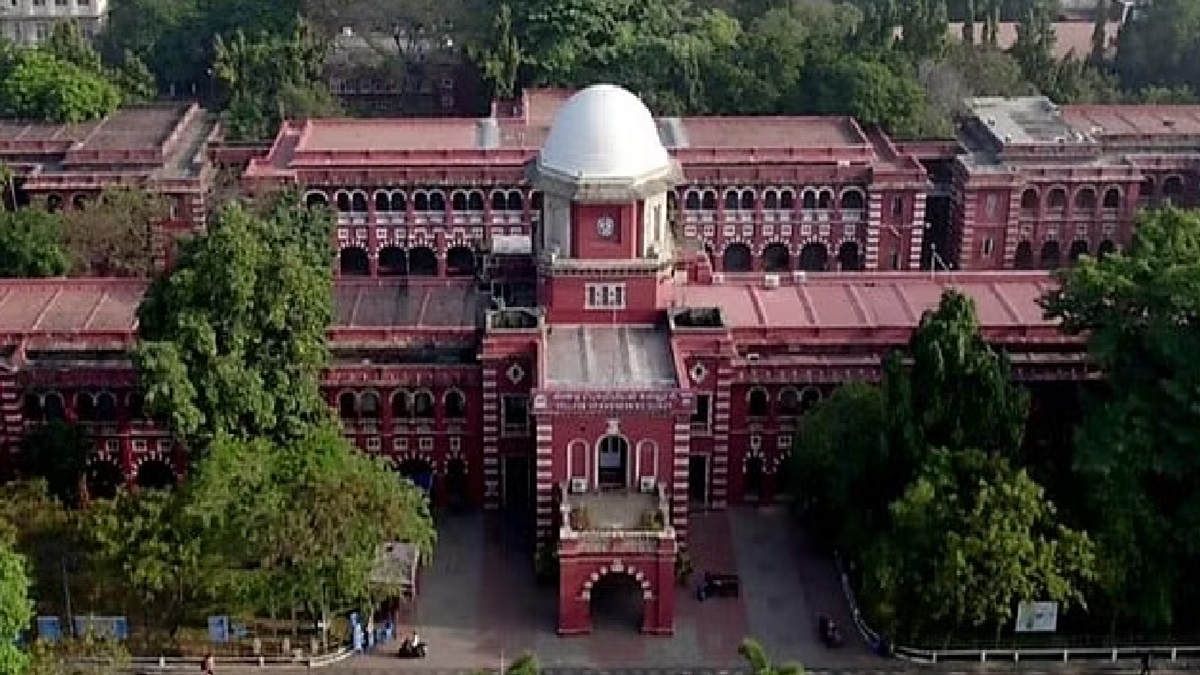 |
|
The recent gang rape of a second-year student at Anna University in Chennai has sparked widespread outrage and condemnation. The incident, which allegedly occurred on Wednesday morning in a secluded area of the campus after a Christmas event, has brought into sharp focus the issue of women's safety in India and the perceived failures of law enforcement. While the Greater Chennai Police have swiftly arrested one suspect, the arrest has done little to quell the rising tide of public anger and political maneuvering. The swift action of the police, forming four special teams to apprehend the culprits, underscores the seriousness with which authorities are treating the case. However, the very occurrence of such a violent crime on a prestigious university campus raises significant questions about security protocols and the overall safety of students.
The arrest of a single suspect, while a necessary first step, is far from a resolution. The ongoing investigation needs to be thorough, impartial, and transparent to ensure justice for the victim and prevent similar incidents in the future. The investigation should not only focus on identifying and prosecuting the perpetrators but also on analyzing the systemic vulnerabilities that allowed this heinous crime to take place. This includes a thorough review of campus security measures, procedures for reporting sexual assault, and the provision of support services for survivors. A comprehensive review is crucial to identify any loopholes that need to be addressed to improve campus security and ensure the safety and well-being of students.
The incident has also ignited a political firestorm, with the BJP's state president, K Annamalai, sharply criticizing the MK Stalin-led DMK government for its handling of law and order issues in Tamil Nadu. Annamalai's statement, made on the social media platform X (formerly Twitter), paints a picture of a state where unlawful activities are rampant and women feel unsafe. He alleges that the police are being used to silence the opposition rather than effectively enforcing the law. This sharp criticism highlights the political tensions surrounding the case and underscores the complexities of addressing such sensitive issues in a climate of political polarization. The BJP's call for a protest and their demand for the Chief Minister to take responsibility adds another layer to the already charged atmosphere.
The Anna University gang rape case serves as a stark reminder of the pervasive problem of sexual violence in India. While the arrest of one suspect is a positive development, it is essential to understand that this is just the beginning of a long and challenging process. The authorities need to ensure a fair and efficient investigation, bring all perpetrators to justice, and work towards creating a safer environment for women on campuses and across the state. This includes not only robust law enforcement but also a broader societal shift in attitudes towards gender equality and the prevention of sexual violence. The case also highlights the need for greater transparency and accountability from the government in addressing issues of public safety and ensuring justice for victims of crime. The long-term impact of this incident will depend on the effectiveness of the investigation, the actions taken to prevent future occurrences, and the commitment of the authorities to address the root causes of sexual violence.
Beyond the immediate legal ramifications, the Anna University gang rape case underscores the urgent need for comprehensive reforms in the area of sexual assault prevention and support for survivors. This includes improved education and awareness programs aimed at challenging harmful gender norms and promoting respectful relationships. It also necessitates the implementation of effective mechanisms for reporting and addressing sexual assault, along with the provision of adequate support services for survivors. The case should serve as a catalyst for a national conversation about how to create safer environments for women and hold perpetrators accountable for their actions. Only through a multi-pronged approach that addresses both the immediate and long-term implications of this tragedy can we hope to prevent such horrific events from happening again.
